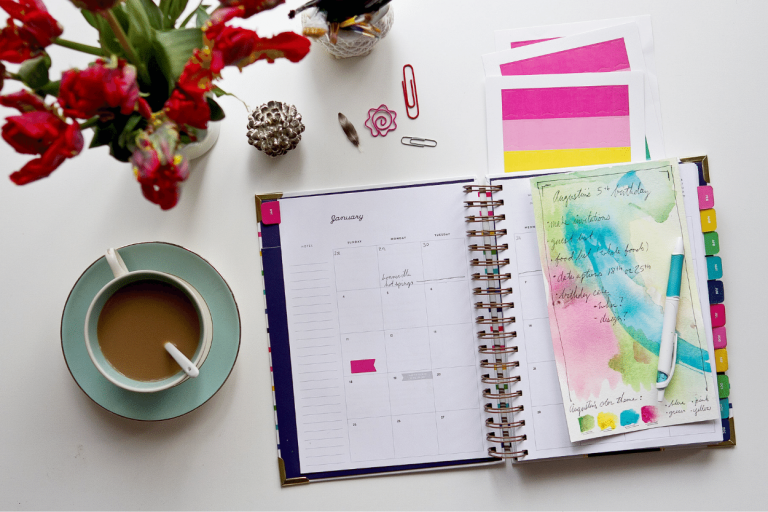We use cookies to improve your experience. By accepting you agree to our cookie policy


Have you found it difficult to motivate yourself since your diagnosis of Complex Regional Pain Syndrome?
There is no right or wrong way to experience the effects of a serious chronic illness.
Some people may notice that when they are trying to get to the bottom of their condition, the search for support and treatment means that they are motivated to keep searching for an answer and to advocate for themselves.
However, when the nature of the condition becomes clear (especially long-term conditions and those with no cures such as CRPS), some people may find that their earlier motivation is sapped.
Some people may struggle to maintain their motivation for a variety of reasons.
Receiving a diagnosis of CRPS can be one of the most difficult moments of a person’s life.
Having the motivation to get up every day and face each new challenge can be incredibly difficult.
If you’ve found that you’ve been losing some motivation lately, or you’ve been struggling for quite a long time, read on to find out how you can continue to move forward one day at a time

A lack of motivation can stem from feelings of helplessness, of uncertainty about the future, and a feeling that future rewards are not worth the current effort.
This can be a crippling feedback loop that can chip away at your mental health. If you are committed to motivating yourself and continuing to do positive actions for yourself, it’s important to be in touch with your feelings and recognise when you have great days, okay days, bad days, and particularly bad days.
In the latter times, your mind will be more prone to telling you that you’re not able to do this. Accept that like everyone, you will have good and bad days, and try to remain aware that the bad days will pass.
Allow yourself to reimagine a future of your own design. What does that look like? Map out what makes you happy. How can you find happiness in small ways every day?
We might as well just say it as it is: on some days, having a chronic illness can make life unbearable. The concept of radical acceptance proposes that we make a step back from trying to fix or fight our problems and fully accept our experiences.
By coming to terms with the knowledge and understanding that you have a long term condition, we are better placed to tackle our issues head on.
This does not mean that we can’t advocate for ourselves or continue to search for ways to live meaningful lives. It simply means that we do not waste energy trying to change reality to suit our vision of what life ‘should’ be.
It’s also important to note that this would not necessarily apply to situations where pain management is a challenge. If you are suffering, you shouldn’t accept it simply because your care provider hasn’t been able to support you.
Factoring in the bad days along with the good will help you to get through the rollercoaster.

When the pandemic hit last year, it was the first time for many people to find themselves stuck at home with limited opportunities to leave their home.
Many disability rights groups highlighted how many non-disabled people were experiencing this for the first time, but it was something that people with disabilities had been experiencing on a long-term basis without much recognition.
There were plenty of how-to articles and guides on how to cope with major changes to routines or advice for people who had suddenly been made redundant.
One of the key themes across these articles was to make plans and to keep to a daily schedule. This advice is really important for mental health and resilience skills.
Experts agree that finding ways to put purpose in your day is key to building good mental health. This could be as simple as preparing a healthy breakfast, making time to check in with friends or family, getting some form of exercise, or spending time being creative.
If you’re able to develop a bathing and grooming routine that works well for you, it can pay dividends for your overall motivation.
Making plans is an important way to keep looking forward to the future. It doesn’t have to be planning an international trip, it can be as simple as getting a bottle of wine at the weekend, meeting up with friends for an online call, or getting a good takeaway.
Do you ever find yourself getting frustrated with yourself? Are you overly self-critical? Do you get impatient with yourself for not doing enough or not meeting your goals?
This is normal behaviour, but if left unchecked, it can be very detrimental to your mental health. Don’t allow yourself to slide down into feelings of consistent self-criticism because it can be very hard to stop yourself from getting stuck in these patterns of thought.
Imagine that you were speaking to a friend who is telling you some of the problems you were having. How would you react? Show yourself the kindness and compassion you would show to others and allow yourself the time that you need.
If you plan your day and you hope to get X, Y, and Z completed, but by the end you only get half of X done – give yourself a break. There’s no rulebook on how anyone should live their lives.
With the additional needs placed on people with CRPS it’s common to feel like you’re a burden on family, friends,
or caregivers. Danielle (not her real name) told us how she felt that “CRPS just chips away at you.”

Studies show that people who actively practice gratitude and thankfulness in their daily lives have higher levels of motivation and wellbeing.
Being able to acknowledge the positives during adversity is important because it helps to put life in perspective.
Perhaps you are struggling with your chronic pain, but you are able to maintain a high level of independent mobility. Maybe you are finding managing your mental health difficult, but your pain levels are under control today.
Everything is relative in that you neither have the easiest nor the most difficult life. In order to build resilience and maintain high levels of motivation, practice gratitude by writing down lists of things you’re happy about.
As well as being thankful for what you have, give something back if you can. Why not volunteer with Burning Nights and help others in a similar situation?
Never forget to reach out to people who care about you and those who know first-hand what it’s really like to suffer from a chronic illness.
If you haven’t yet joined our monthly virtual support groups, or signed up for our newly launched online community forum used our befriending service, we’re always ready to welcome more participants.
Although it may feel like you’re on your own, you’ve got access to a wide network of people who can empathise, rant, rejoice, and share in your experiences.
We use cookies to improve your experience. By accepting you agree to our cookie policy
 £
£